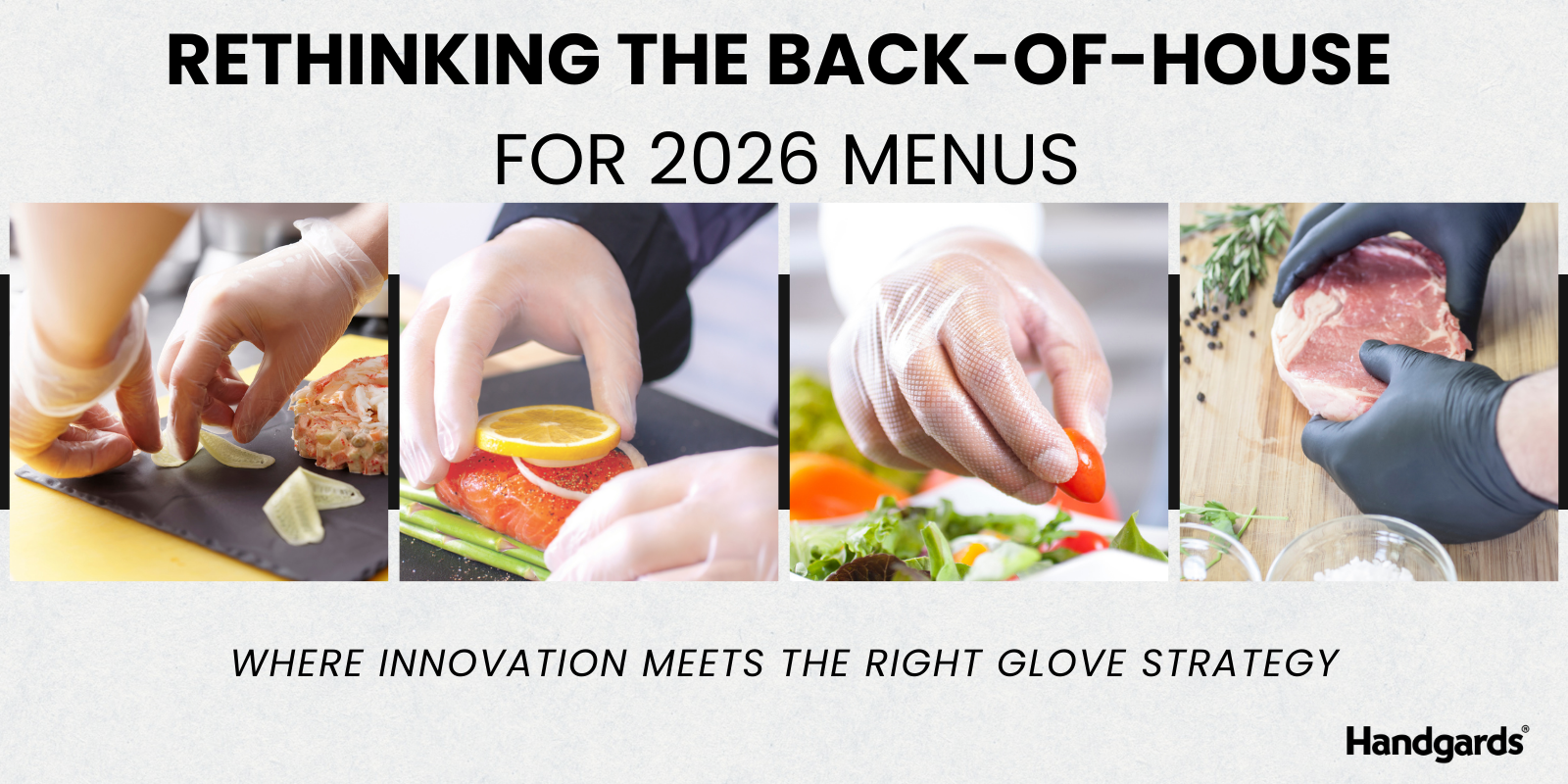Resolutions for the New Year: Employee Well-Being
In these first weeks of 2025, many are making and holding to resolutions, deciding on positive change, and reflecting upon what the year past held. The same could be true for the food service industry – or it should, specifically in terms of its employees.
The foodservice and restaurant industry employs approximately 10% of the total U.S. workforce, being the nation’s second largest private sector employer. This translates into about 15.5 million jobs that provide income, well-being and sustenance for millions of U.S. households. According to the U.S. Bureau of Labor Statistics, overall employment in food preparations and serving occupations will continue to grow as fast as the average for all occupations due to both employment growth and high turnover rates all the way through 2033
The demographic of employees in the food service industry includes a diverse array of talents, backgrounds and aspirations, averaging an annual wage of $32,240 in May 2023, lower than the median $48,060 for all occupations
High Turnover Rates
This collective consistently presents a high level of turnover, which correlates to a loss of operational knowledge and performance of employees. In fact, the National Science Foundation conducted a survey this year of 100 independent restaurant Operations Directors and Managers, in which 66% of respondents identified elevated turnover rates being the greatest risk to their food safety operations and brand reputation
Resolutions
Back to the resolution for the upcoming year: a suggestion. Ensure a healthy working environment for employees while reducing turnover. Indeed, this might play a pivotal role in reducing the risk of mental health problems in vulnerable individuals, lowering high turnover rates and therefore ensuring retention of key safety information throughout time.
But, how? And at what cost?
Handgards®, guided by its motto of “The Right Glove, for the Right Task, at the Right Price,” offers a suite of products that not only enhances operational efficiency and food safety but also prioritizes the well-being of employees by equipping them with the tools and resources essential for their success. To provide a healthy working environment, it is requisite to investigate workers’ occupational responsibilities and identify what equipment is best for the task at hand, thereby taking into account not only their health and safety but also cost optimization on disposables. Visit our online interactive tool, “What Product is Right for Me?” on handgards.com to help guide you in your choice of protective equipment.
By way of example
As a case in point, NeatGards® Low Density Heavy Duty Smooth Poly Aprons, available in white and yellow, are an excellent example of a safeguard to employee well-being, mitigating the risks associated with prolonged exposure to moisture and contaminants, especially for dishwashers. While keeping them dry and comfortable, costs associated with laundry of cloth aprons are diminished. In fact, several brokers have shared success stories of positive feedback from dishwashers once using these aprons.
On the eve of 2025, Handgards® remains steadfast in its twofold dedication: the supply of goods and tools that allow operators to uphold the highest food safety standards while advancing the productivity and well-being of food service industry employees.
Will you join us?
References
Bureau, U. C. (2022). Census.gov. Retrieved from American Community Survey: Public Use Microdata Sample (PUMS) (five-year estimate): https://www.census.gov/programs-surveys/acs/microdata.html
Foundation, N. S. (2024, August 30). Top Perceived Risks for Food Safety in Restaurants. Retrieved from National Science Foundation: https://www.nsf.org/knowledge-library/top-perceived-risks-food-safety-restaurants
U.S. Bureau of Labor Statistics. (April 3, 2024). Occupational Employment and Wages, May 2023, 35-0000 Food Preparation and Serving Related Occupations (Major Group). US Bureau of Labor Statistics. Retrieved from https://www.bls.gov/oes/current/oes350000.htm#(3)
U.S. Bureau of Labor Statistics. (2024, August 29). Retrieved from Occupational Outlook Handbook: https://www.bls.gov/ooh/food-preparation-and-serving/




